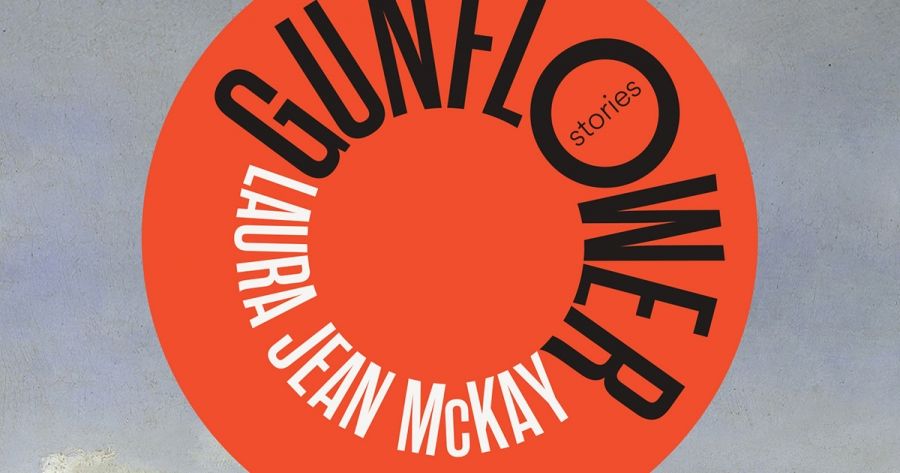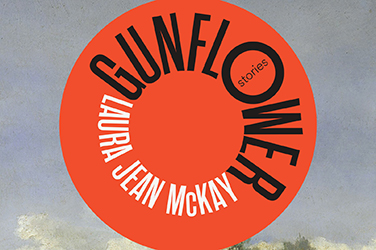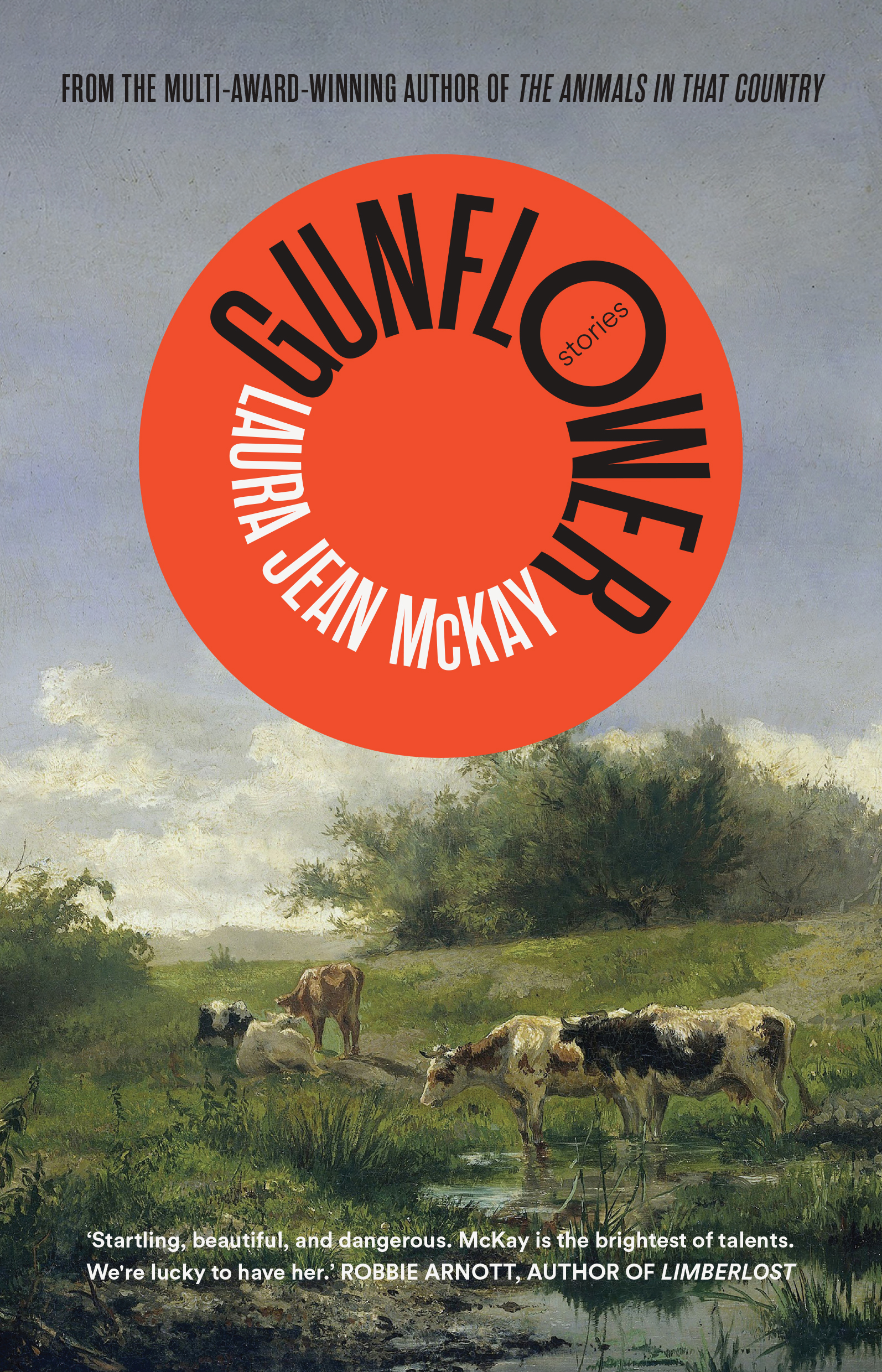
- Free Article: No
- Contents Category: Fiction
- Review Article: Yes
- Article Title: Pleasure and peril
- Article Subtitle: Short stories about embodiment
- Online Only: No
- Custom Highlight Text:
Laura Jean McKay’s new collection, Gunflower, offers a range of disturbing, deftly satiric, and sometime bizarre short stories. As in her award-winning novel The Animals in that Country (2022), some of the stories in the collection explore the relationship between the human and non-human, and often challenge rational explanations or simple allegorical interpretations for the imaginative worlds they create. Even the conventional realist narratives sometimes defy generic conventions. The story ‘Flying Rods’, for example, moves from standard verisimilitude to Gothic horror. ‘Site’ transforms the familiar terrain of an adulterous affair with repeated descriptions of a ship sighted off the coast, such that the ship’s symbolic meanings remain tantalisingly unclear.
- Featured Image (400px * 250px):

- Alt Tag (Featured Image): Susan Midalia reviews 'Gunflower' by Laura Jean McKay
- Book 1 Title: Gunflower
- Book 1 Biblio: Scribe, $29.99 pb, 256 pp
- Book 1 Cover Small (400 x 600):

- Book 1 Cover (800 x 1200):

By contrast, ‘Nine Days’, narrated in the halting fragments and oblique images of trauma, is a deeply moving revelation of the death of a couple’s baby. In one of many poignant moments, the woman sees how the scarlet fruit from a pomegranate tree has left ‘bloody, clotted prints, like a paint on a fist’ on her window pane. These three stories show that McKay is equally skilled at deploying the emotional and sensorial power of longer narratives and the provocations of the much shorter form.
The collection’s second section focuses on the lived experiences of class and gender without ever lapsing into didacticism. The piece of micro-fiction called ‘Real’ satirises a former working-class man turned successful real estate spiv; his billboard proclaiming ‘GET AHEAD’ is gleefully subverted by the word ‘JOB’ scratched into the Perspex over his face. The realist story ‘Smoko’ is a keenly observed and increasingly disillusioned narrative about worker’s rights. One of the more terrifying stories in this section is the titular ‘Gunflower’, an extended narrative about a so-called ‘abortion ship,’ its service to American women seen as even more courageous since the overturning of Roe v Wade. A feminist version of the traditionally masculine genre of misadventure on the high seas, ‘Gunflower’ is presented as a literal and symbolic journey about women’s continuing struggle for bodily and existential autonomy. Suspenseful, vertiginous, and frighteningly inconclusive, it is an example of literary realism at its most ethically serious and entertaining best.
By contrast, ‘This Time’, which opens the final section (Death), is a relatively brief and slanted tale about an apparently missing sister. Clues to meaning, and the occasional symbolic gesture, are scattered throughout a story that defies easy summation. Perhaps the story signifies the difficulty of living with absence, evoked as a form of death that denies the possibility of closure. Death assumes an unambiguous, indeed horrifying presence in two stories about toxic masculinity. ‘Territory’ and ‘King’ use what Nabokov called ‘the divine detail’ to make the cruelty of men towards animals and humans seem both sickeningly credible and morally repugnant. ‘Territory’, which has two men and a woman viciously killing wild boars for profit, is also crassly misogynistic: as the men triumphantly declare, ‘boars before whores’.
The final story, ‘King’, set in a dystopian landscape where men are driven by an insane desire for revenge, is a grisly account of masculine predation: ‘He let go of me with a bit of ear in his mouth, which he swallowed before he leaned to come in for the kill and that’s when I got him. Took his eye and half his face and out of the holes came this screaming.’ It’s Clockwork Orange meets Cormac McCarthy: brutal masculinity evoked in chillingly affectless prose.
We can hear echoes of other writers in McKay’s collection: Kafka’s sense of the uncanny, Márquez’s magic realism, Bukowski’s dirty realism, Beckett’s mordant humour. But Gunflower is distinguished by its tonal and formal variety: its bracing sense of the weird jostling with heartfelt compassion; the audacity of brevity and the artful unfolding of detail; a keen ear for working-class vernacular and the more sophisticated language of the educated middle class. The dialogue throughout is both convincingly naturalistic and subtly freighted with the unsaid. Above all, McKay’s stories challenge us to make our own meanings. A mother takes pride in the length to which her children will go ‘to lick or pick the scum off a thing’. A grandfather disappears in inexplicable circumstances. Dogs and rocks speak, and a student stares into ‘the meaty darkness’ of a hole in the side of cow. Such stories typify a collection that refuses to provide easily digestible information or neat backstories. Instead, the stories plunge us into the immediacy of the present and leave us marvelling or aghast at the mysteries of life.
The arrival of Laura Jean’s McKay’s collection confirms the increasing popularity and aesthetic appreciation of the shorter narrative form among Australian publishers and readers. It is one of the most inventive short story collections I have read this year. It will delight the many admirers of The Animals in that Country and readers new to McKay’s thought-provoking fiction.


Comments powered by CComment